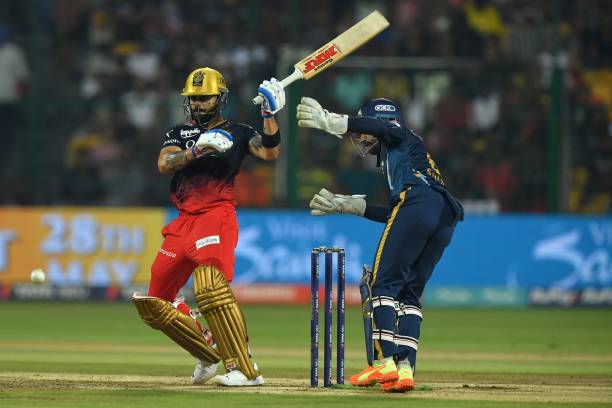The Role of Weather Forecasting in IPL Stadium Operations: All panel.com sign up, Lotus 365 book, Betbook 247.com login
all panel.com sign up, lotus 365 book, betbook 247.com login: The Indian Premier League (IPL) is one of the most popular and eagerly awaited cricket tournaments in the world. Every year, cricket fans from all over the globe flock to stadiums to catch a glimpse of their favorite teams and players in action. However, organizing an event of this magnitude comes with its own set of challenges, one of them being the unpredictable weather conditions. This is where weather forecasting plays a crucial role in ensuring the smooth operation of IPL stadiums.
Planning and logistics are key elements in the successful execution of any major sporting event, and the IPL is no exception. Stadiums need to be equipped to handle large crowds, ensure the safety of players and spectators, and provide an enjoyable experience for everyone involved. However, all these plans can go haywire if the weather decides to act up.
Weather forecasting helps stadium operators to stay one step ahead of Mother Nature. By tracking weather patterns and predicting any potential disruptions, they can make informed decisions about match scheduling, crowd management, and even the deployment of resources such as ground staff and security personnel. This proactive approach is essential in mitigating risks and ensuring that the show goes on, come rain or shine.
One of the primary concerns for stadium operators during the IPL season is the threat of rain. A sudden downpour can not only disrupt the match but also cause inconvenience to fans who have traveled from far and wide to be a part of the action. By relying on accurate weather forecasts, stadium operators can adjust match timings, implement contingency plans, and communicate updates to fans in a timely manner. This not only helps in minimizing disruptions but also enhances the overall fan experience.
In addition to rain, extreme weather conditions such as high winds, thunderstorms, or heatwaves can also impact stadium operations. By monitoring weather forecasts, stadium operators can take preemptive measures to ensure the safety and comfort of everyone on site. This could involve installing temporary shelters, providing extra hydration stations, or even delaying the match if conditions are deemed unsafe.
Weather forecasting also plays a crucial role in maintaining the playing surface of the cricket pitch. Rain or excessive heat can affect the quality of the pitch, making it difficult for players to perform at their best. By actively monitoring weather conditions, stadium operators can take appropriate measures such as covering the pitch or using equipment to control moisture levels, thereby ensuring a fair and competitive playing environment.
In conclusion, the role of weather forecasting in IPL stadium operations cannot be overstated. By leveraging the power of technology and data, stadium operators can make informed decisions, enhance fan experiences, and ensure the safety and well-being of everyone involved. So the next time you tune in to watch an IPL match, remember that behind the scenes, there are dedicated professionals keeping a close eye on the weather forecast to ensure that the game goes on without a hitch.
FAQs
Q: How accurate are weather forecasts for IPL matches?
A: Weather forecasts are continually improving, but there is still some margin for error. Stadium operators typically work with professional meteorologists to interpret weather data and make informed decisions.
Q: What happens if a match is interrupted due to bad weather?
A: In case of match interruptions, the match officials and stadium operators work together to reschedule the match or ensure that it is completed at a later date.
Q: Can fans get real-time weather updates during IPL matches?
A: Yes, many stadiums provide real-time weather updates through their official websites, social media channels, and mobile apps to keep fans informed about any potential weather-related disruptions.







